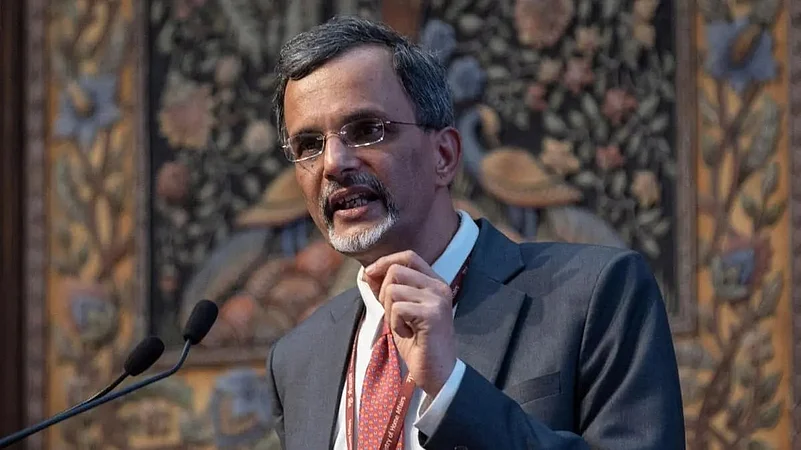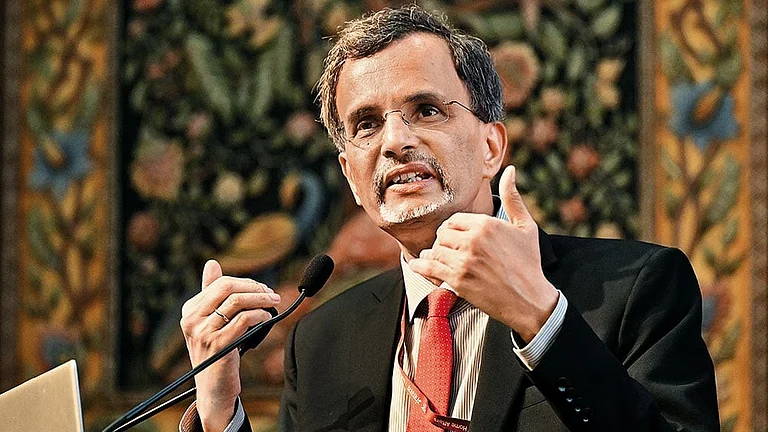Highlighting the insufficient climate finance allotted at the recent COP29 summit, Chief Economic Adviser V Anantha Nageswaran criticised the lack of commitment that developed countries exhibit in helping developing countries to meet climate goals.
“With the developed countries also falling short of their Nationally Determined Contributions (NDCs) by about 38%, their actions do not reflect the historical responsibility or the leadership in meeting their obligations. The lack of commitment and insufficient delivery of the means of implementation, as mandated in the Paris Agreement, will make the low-carbon transition in developing countries more challenging,” said Nageswaran.
Significant Misalignment with Paris Agreement
Demands of the developing countries managed to force an agreement at mobilisation target of $300 billion annually by 2035, which is a fraction of the estimated requirement of $5.1 - $6.8 trillion by 2030. He feels that this is out of sync with the needs of the developing countries which are batting to keep the temperature goals of the Paris Agreement within reach.
“The decision demonstrates a significant misalignment with the Paris Agreement’s mandate to display a ‘progression beyond previous efforts’ by developed countries. It underscores the unwillingness of affluent developed nations to assume their equitable share of the responsibility to address emission reduction and mitigate climate change impacts on vulnerable populations in developing regions,” shared Nageswaran.
“The goal contravenes equity and the principle of common but differentiated responsibility in the global climate response by disproportionately placing the burdens of climate change on those nations that have not historically contributed to the crisis,” added Nageswaran in the Economic Survey.
The COP29 in Azerbaijan’s Baku in 2024 provided an opportunity to serve as a benchmark for international climate action. The demand for $1 trillion is not new. At the time of adoption of the 2015 Paris Agreement, India had pitched for a $1 trillion funding assistance per year, focusing primarily on grants and concessional finance. However, the new collective quantified goal (or NCQG) at COP29 in Baku agreed to a much lower amount despite the repeated protests of several countries, including those that are most affected by climate change.
Parties to the Paris Agreement are required to submit their next version of NDCs covering the period from 2031 to 2035 by February 2025, ahead of COP30 in Brazil in November 2025.































